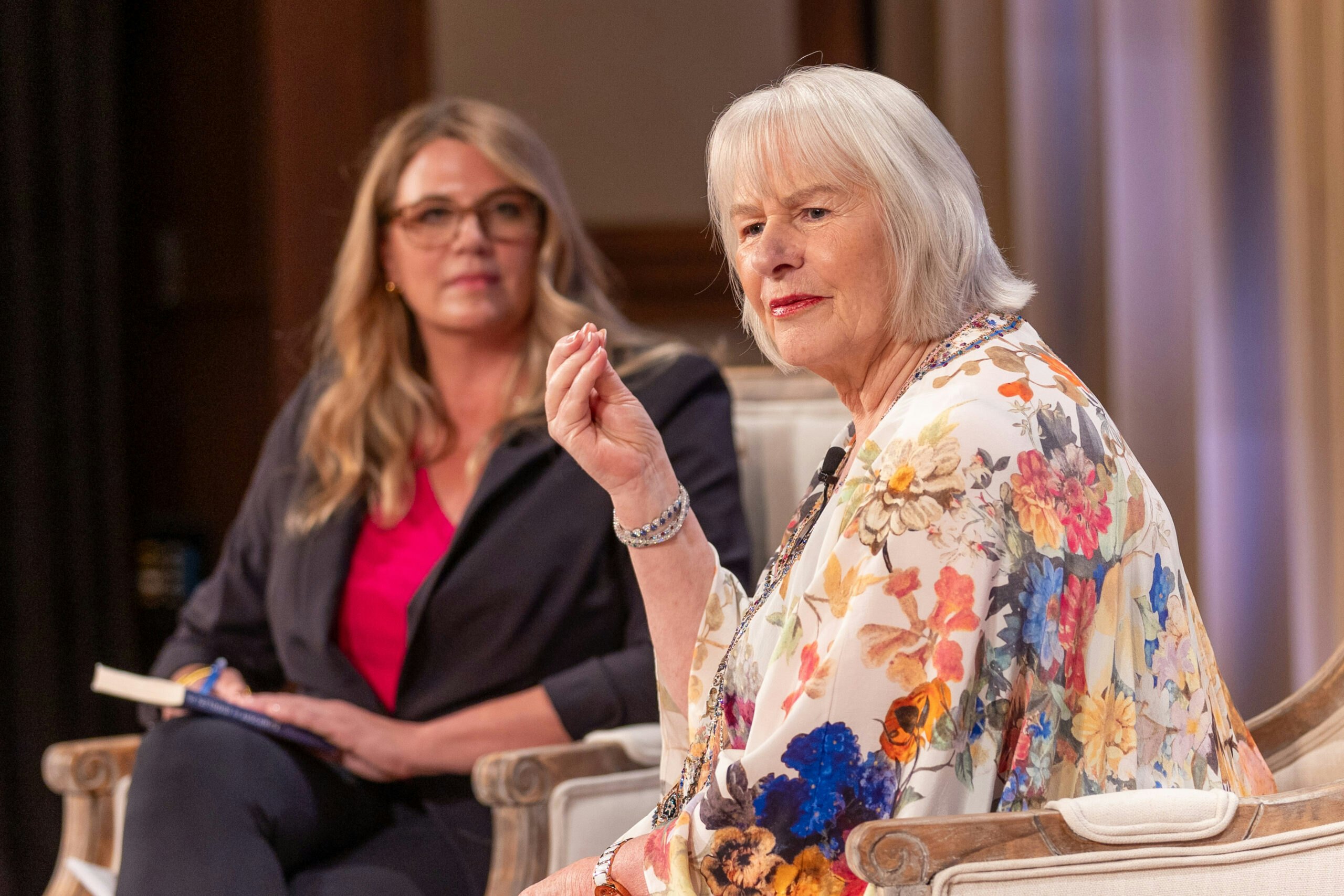Are we a broken society? A people now divided by the destinies of demographics, class and ideology; a country separated by intangible walls...
Are we a broken society? A people now divided by the destinies of demographics, class and ideology; a country separated by intangible walls of red and blue. Our Nation just underwent a tumultuous election, enduring over a year’s worth of polling, campaign advertisements, punditry and, at times, intolerable arguing about the most mundane of things. The result – a democratic structure almost identical to that before voting took place. A divided Congress on the brink of a fiscal cliff and a citizenry spilt 48/50. Is moving forward with common purpose a true possibility? As a former inner-city high school teacher, I believe the answer to this looming national question does not center so much on yes or no but rather, we must. We must overcome our differences and move forward. It is not only what our Nation needs, but what its students deserve. Our future is them and for them we must progress. And after witnessing the progress that can stem from a group of talented individuals willing to push aside what may “define” them in order to work for student success, I know this necessary progress is possible. Recently, I had the privilege of attending an Alliance to Reform Education Leadership (AREL) and New Leaders convening in Washington, D.C. The goal of the meeting was to develop consensus on a set of common conditions that allow our Nation’s principals to be effective school leaders. The final product of this meeting will be a report to be released in 2013 with the intent of informing states and districts on how to provide well-prepared principals with the conditions necessary to effectively raise student achievement. Taking place less than a week after the 2012 election, I was interested to see how a group of diverse individuals representing a plethora of perspectives in education reform and, especially, educational leadership would interact. Participants represented organizations including the National Governor’s Association, New Leaders, University Council for Education Administration, the University of Virginia, Chicago Public Schools and Gwinnett County Public Schools and included principals, university leaders, district leaders, researchers and policy experts. In my experience, many who “report” on discussions in education reform have attempted to categorize issues much as they have categorized our political realm. But instead of Democrat versus Republican, liberal versus conservative and phrases such as old guard versus new guard, reformers and veterans, and unions against privatization advocates are used. It is a strategy that seeks to divide those who devote their life’s work to improving educational conditions for all of our Nation’s children and it is what perpetuates this article’s central question: are we a broken society? Yet the men and women who participated in this conference did not define themselves by the boxed barriers of old guard, union or reformer. From my perspective, their defining quality was collaborator – individuals who wanted to use their knowledge, experience and skills to improve the conditions for well-prepared school leaders so that they are more able to ensure America’s students succeed. Their concerns did not center on the political, demographic or ideological. They revolved around what needed to be done to better empower and support America’s school leaders so that they may raise student achievement. It was extremely inspiring to witness this group civilly and effectively discussing the means to that end. More importantly, their commitment led to action. In two short days, momentous progress was made toward developing consensus on the key conditions necessary for well-prepared principals to succeed at improving student achievement. In a conference room overlooking our Nation’s Capital, a diverse group came together and worked toward common understanding and agreement on the conditions necessary for school leaders to succeed. These experts in educational leadership tore down the walls of red and blue that has seemingly divided us for the past year. In my opinion, this group demonstrated that, in fact, our society is not broken. Quite the opposite, it is thriving. The day before the convening, I spent some time with a friend at the Lincoln Memorial. Throughout the following two days at the convening, I could not help but think the collaboration of diverse individuals toward common purpose – and in this case student achievement – is exactly what the 16th President envisioned for this great country. In today’s world there is no greater currency than freedom and to be truly free, one must be free from ignorance. With this sentiment in mind and on behalf on my former students and all children like them, I would like to thank the following individuals for their devotion to bettering the effectiveness of our Nation’s principals so that every American child can grow up being truly free:
- Craig Benes, Chicago Public Schools
- LeAnn Buntrock, UVA Darden/ Curry Partnership for Leaders in Education
- Hilary Darilek, District of Columbia Public Schools
- Jacquelyn Davis, Alliance to Reform Education Leadership (AREL), The George W. Bush Institute
- Benjamin Fenton, New Leaders
- Jane Hannaway, National Center for Analysis of Longitudinal Data in Education Research
- Gina Ikemoto, New Leaders
- Patrick Kobler, Alliance to Reform Education Leadership, The George W. Bush Institute
- Richard Laine, National Governor’s Association
- Paige MacLean, Achievement First
- Leigh McGuigan, TNTP
- Rhoda Mhiripiri-Reed, District of Columbia Public Schools
- Kerry Moll, Alliance to Reform Education Leadership (AREL), The George W. Bush Institute
- Nakia Nicholson, Fairmont Heights High School, Prince George’s County
- Kathy O’Neill, Southern Education Regional Board
- Glenn Pethel, Gwinnett County Public Schools
- Michelle Pierre-Farid, Cleveland Metropolitan School District
- Amy Slothower, Get Smart Schools
- Lori Taliaferro, New Leaders
- Pam Tucker, University Council for Educational Administration
- Carl-Anthony Watson, The Wallace Foundation
- Denise Watts, Charlotte-Mecklenburg Schools
- Courtney Welsh, New York City Leadership Academy























